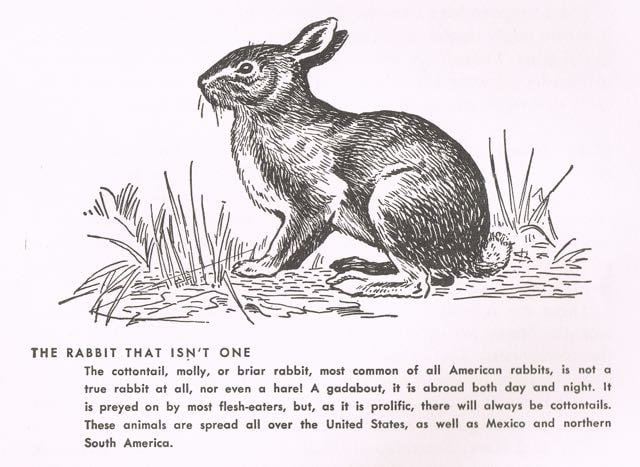I took a bunch of stuff to the Salvo's (thrift store) the other day.
As usual, the place was overflowing. There were bags of donated goods literally spilling onto the street. One of the volunteers tried to move some of the goods out of the rain which had just started. She looked down at my modest offering. Quick as a flash, just in case I was thinking of a drop and run, she said: "We don't take encyclopaedias".
"No worries," I replied cheerily, lugging the basket of all but one of the 24 volume Mammals of the New Illustrated Animal Kingdom back to the car. But those New Illustrated mammals and their captions are so cute!
Last week, my Dad was told something similar. Someone came to his house and gave him $40 to take away twenty old books. But the book dealer shook his head at the offer of a complete set of 1986 Encyclopedia Britannica's.
The only place for those is in the bin, he said.
For those of us who’ve grown up in the era of books, there is something almost sacred about a set of books you’ve acquired gradually until you have the complete set. Books were and are, quite simply, knowledge.
For people like Australian Olympic Diver Matthew Mitcham, encyclopaedias were a lifeline. He told me that as a kid, he read them on the toilet because it was one past-time that wouldn't disturb his Mum, who suffered from chronic fatigue.
It was through reading an encyclopaedia that he first heard of aversion therapy. He was ten and thought about boys rather than girls. After that, he kept a rubber band around his wrist and every time he had a gay thought, he snapped the rubber band against his wrist to associate pain with that thought.
Thankfully for Matthew the aversion therapy didn't work.
And nowadays neither do encyclopaedias.
Mammals Of the New Illustrated Animal Kingdom was published in the fifties and sixties in the United States. There were twenty-four volumes of which I have twenty-three, picked up from a neighbour's front yard (with permission) during a clean-up. It seemed like a good idea at the time. Something for my daughter for when she got a bit older.
And there's the problem. Knowledge changes all the time. To find out about the origins of the Mammals series, I went to Google. And if I wanted to look up the purpose of a rabbit, I’d go to Google too. Does anyone really want to read through twenty-four volumes of animal facts? Perhaps a budding vet.
So now I have plenty of old books about animals and there are nice drawings in them too. I cannot bring myself to put them in the recycle bin. So I'm trying to turn them into something; wrapping paper, greetings cards, bookmarks, craft... I'm open to ideas.
Once, ripping up an old book would have seemed like desecration. Now, it's about preservation. The drawings really would look pretty on cards. When in doubt, make cards.







